Tag Archive: events
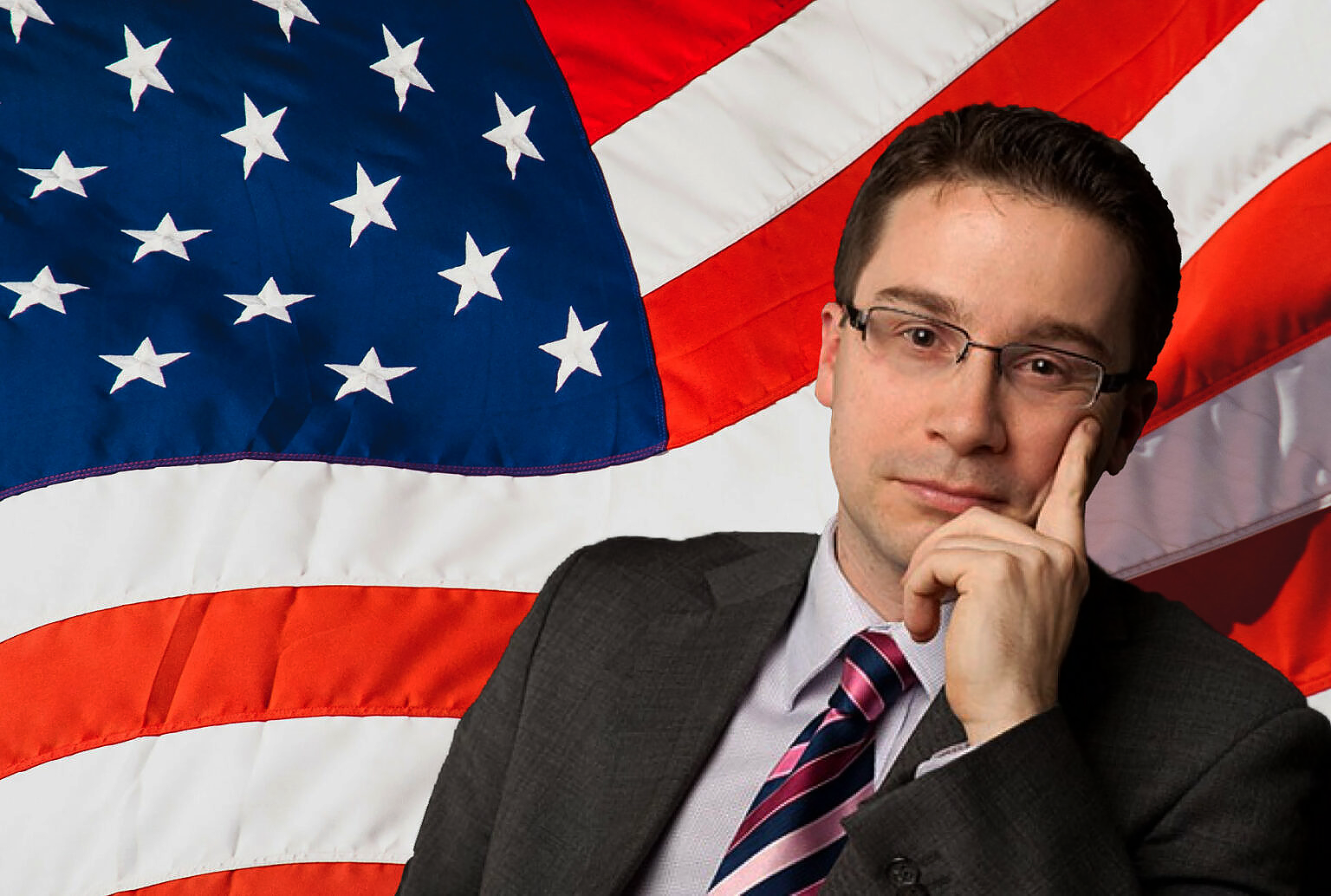
Year 2020/2021
November 18: Post-elections in the USA. Legal challenges to electoral procedures in American democracy
November 18, 2020
Leadership Studies Group (LSG) invites all who are concerned with the outcome of the 2020 elections to take part in a virtual ZOOM conversation with prof. Pawel Laidler from the Jagiellonian University.

Year 2020/2021
November 3: US Elections 2020
November 3, 2020
Zapraszamy na rozmowę wykładowców Ośrodka Studiów Amerykańskich UW na temat napływających pierwszych wyników wyborów prezydenckich w USA 2020.
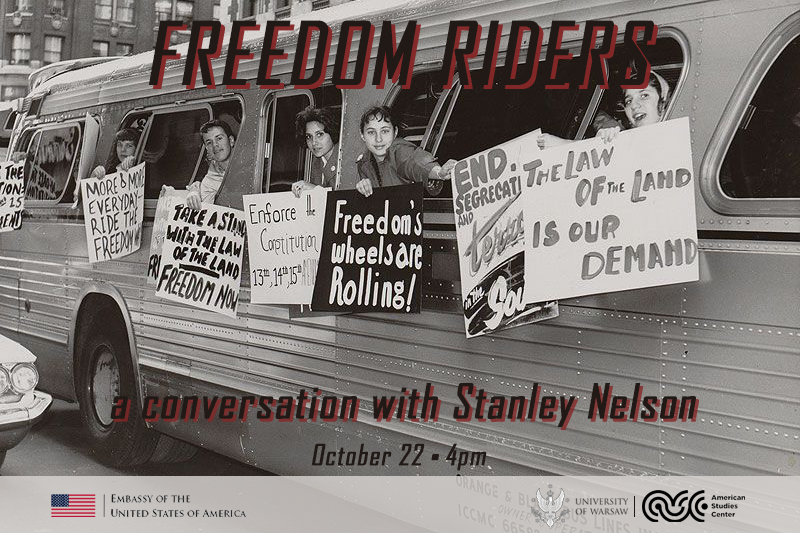
Year 2020/2021
October 22: Freedom Riders with Stanley Nelson
October 14, 2020
A virtual conversation with acclaimed documentary maker Stanley Nelson, who will discuss his award-winning film Freedom Riders. Stanley Nelson is today’s leading documentarian of the African-American experience.
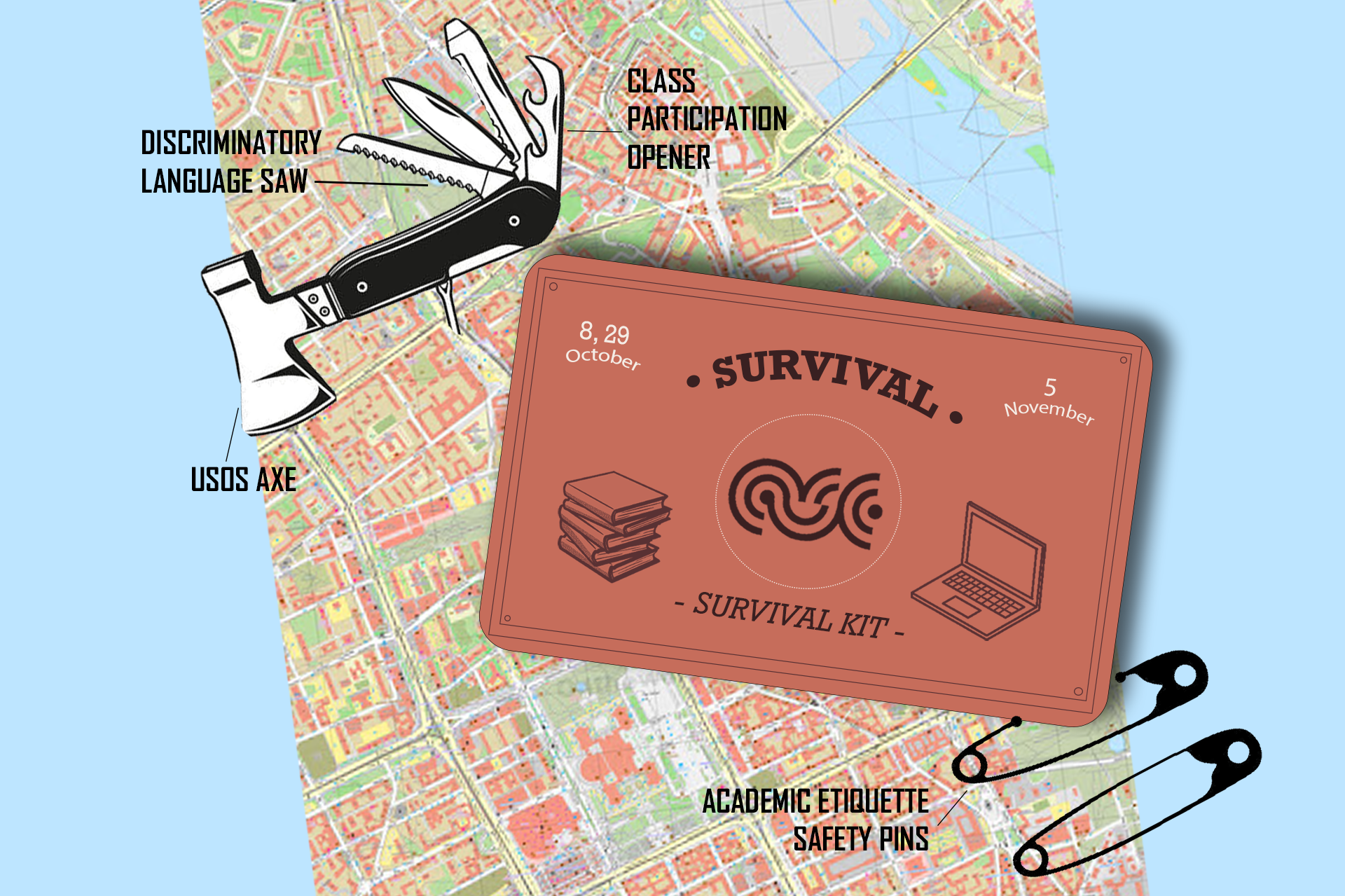
Year 2020/2021
October-November: How to Survive at ASC? A Three-Part Online Seminar for BA Freshers
October 4, 2020
A Three-Part Online Seminar for BA Freshers that will help you to start your new adventure at the ASC. Join us for useful tips, skills and the academic know-how.
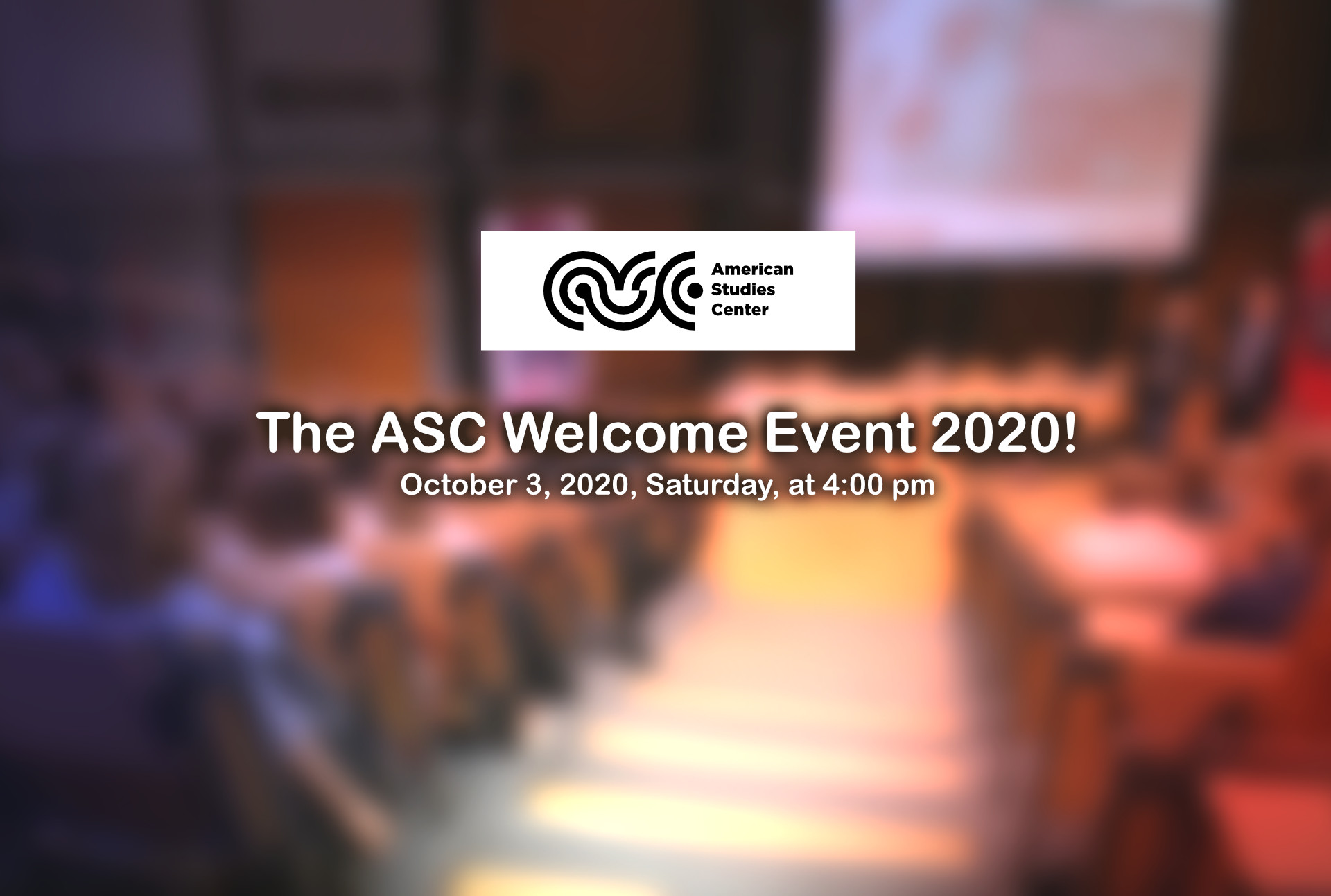
News
October 3, 2020 at 4pm, ONLINE; ASC Welcome Event 2020
October 3, 2020
ASC Freshers, Undergraduate and Graduate, join us virtually for the ASC Welcome Event 2020!
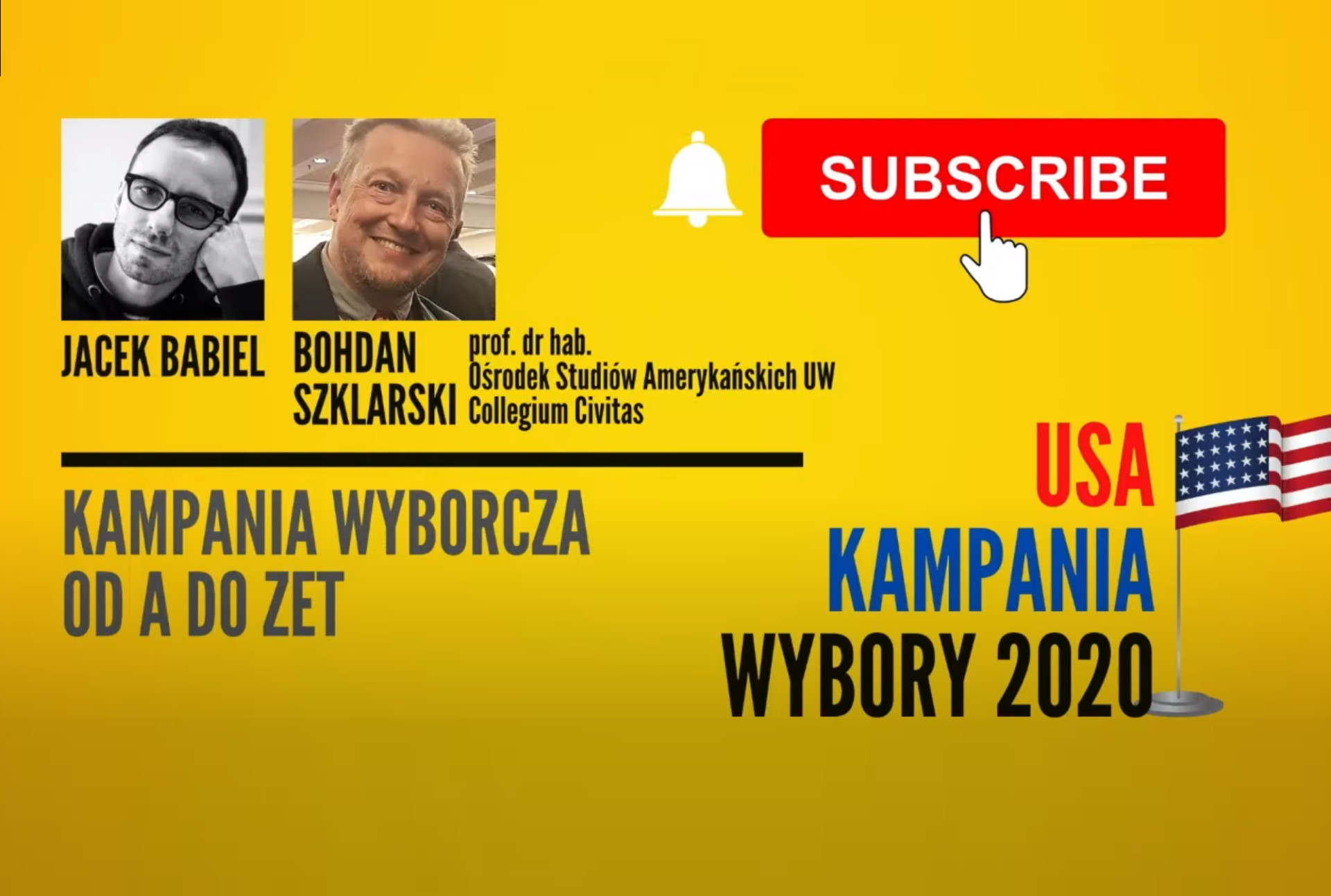
News
October 1, 2020 at 10am, ONLINE; Discussion about the first presidential Biden – Trump debate
September 30, 2020
Leadership Studies Section invites for a discussion about the first presidential Biden – Trump debate and general significance of debates in American presidential campaigns.

News
Festiwal Nauki 2020
September 17, 2020
The 24th edition of Festiwal Nauki in Warsaw that will take place on September 19-28, 2020. ASC is going to host four events that may interest you in particular.
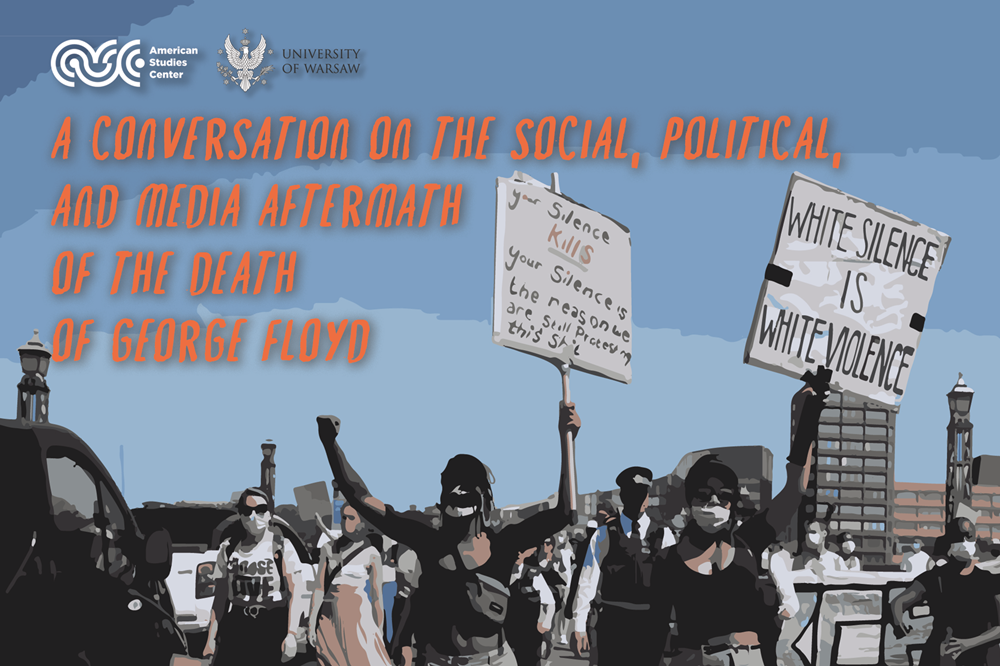
Year 2019/2020
June 9: On Looting Black Bodies and the Social Contract in America
June 9, 2020
The mainstream coverage of the protests triggered by the death of George Floyd, racist cliches in the social media, and the alarming comments of politicians reveal the urgent need to discuss the tensions and mechanisms that contribute to the situation now happening all over the United States. This panel is our modest attempt to struggle with ignorance.
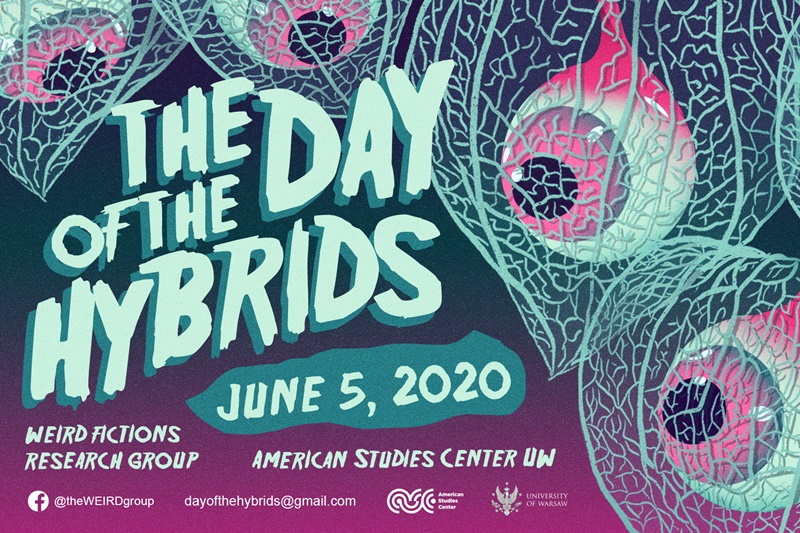
Year 2019/2020
June 5: The Day of the Hybrids
June 5, 2020
Weird Fictions Research Group is inviting students and early career researchers interested in all types of weird fictions to participate in online workshops and lecture on hybrids and monsters! Together we will work on the ‘monstrous,’ unfinished texts and discuss the anxieties concerning them.

Year 2019/2020
June 4: U.S. Foreign Policy in Eastern and Central Europe
June 4, 2020
Richard Payne-Holmes, an External Political Unit Chief at the U.S. Embassy in Warsaw, during his presentation will speak about the U.S. Foreign Policy in Eastern and Central Europe.
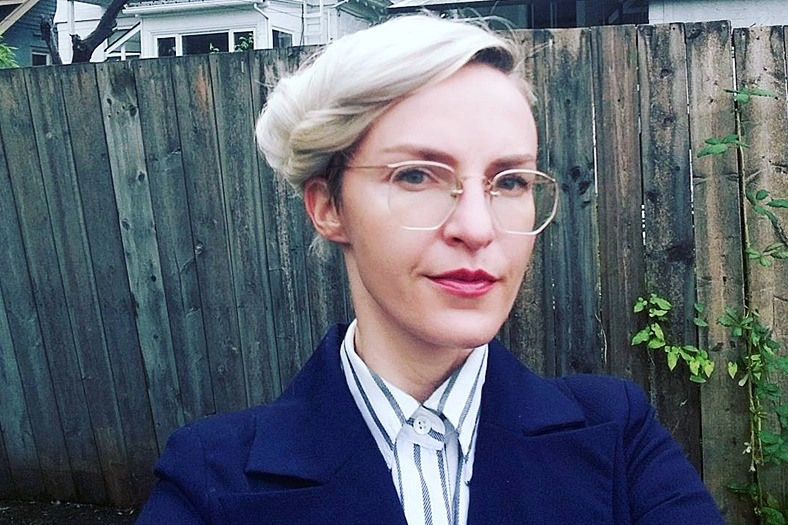
American Studies Colloquium Series
May 28: An Erotic Toolkit: Asexual and Aromantic Critiques of Heteronormativity
May 28, 2020
This talk will explore the feminist, queer, and anti-racist tradition of the erotic, drawing on Audre Lorde’s work in particular. Ela Przybylo will discuss how the erotic provides a distinct model for theorizing relating that creates space for the inclusion of asexuality and challenges compulsory sexuality.
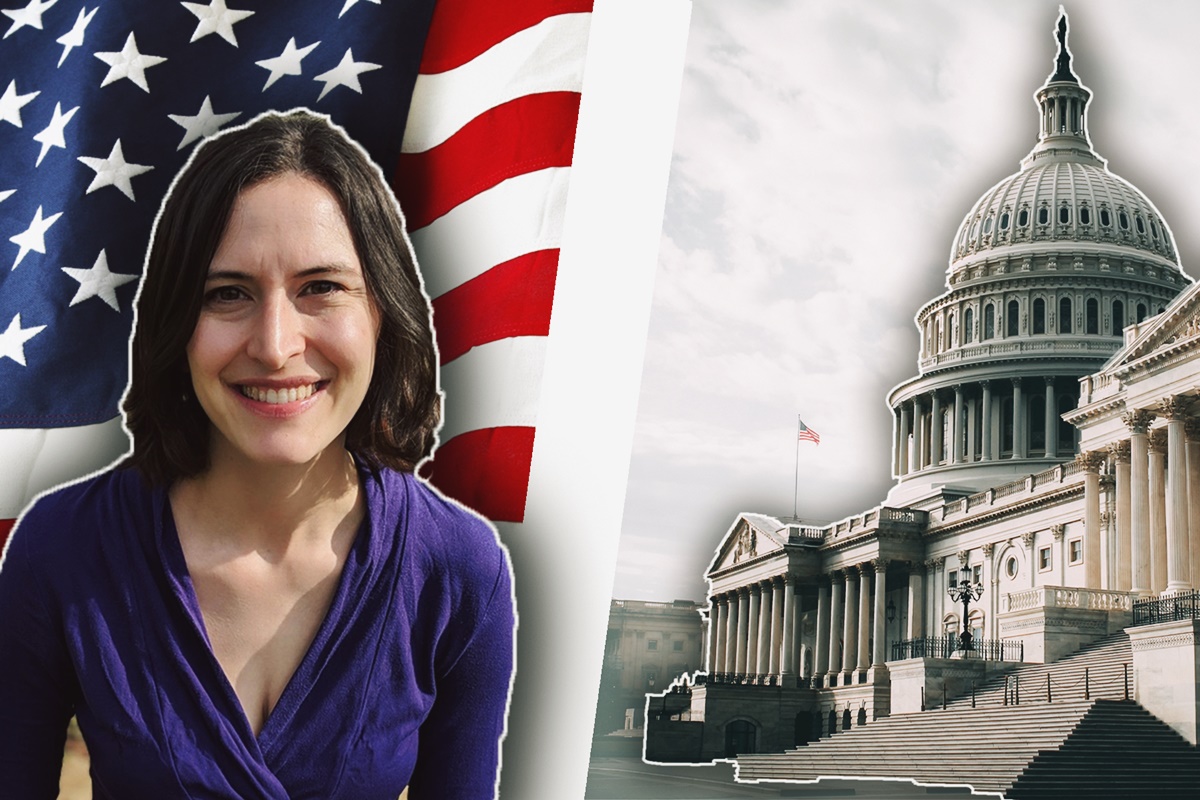
Year 2019/2020
May 14: The Role of Congressional Oversight in Foreign Affairs
May 14, 2020
Esther Bell, an Economic Officer at the U.S. Embassy Warsaw, during her presentation will speak about The Role of Congressional Oversight in Foreign Affairs.
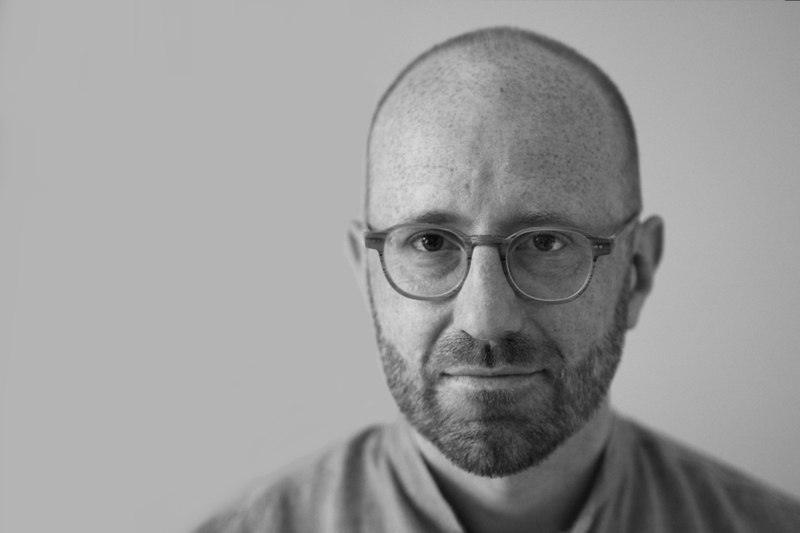
American Studies Colloquium Series
May 12: Global Brooklyn
May 12, 2020
In his lecture, Mateusz Halawa will talk about transnational aesthetic regime of urban consumption. Global Brooklyn is not only the title of his soon-to-be-published book, but also a metaphor used to essentialize the unprecedented circulation of visual styles, flavors, practices and values – all carefully designed and masterfully instagrammed – that have been sweeping the world and shaping food cultures.
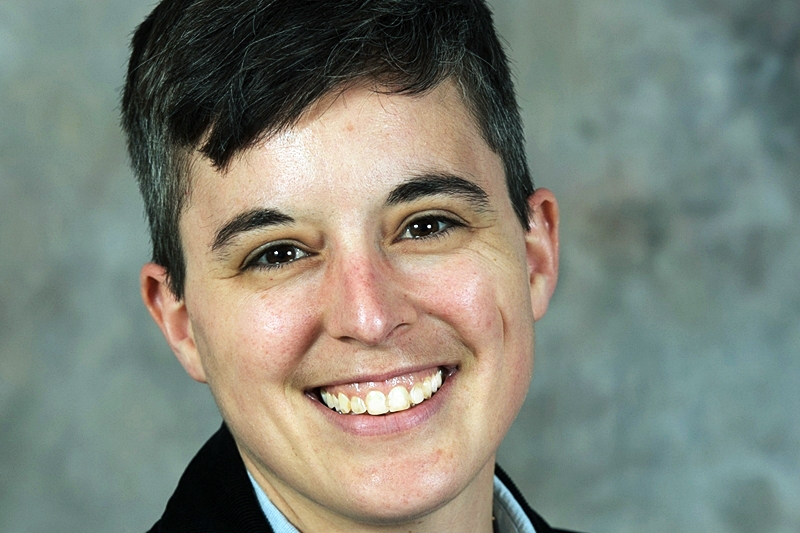
American Studies Colloquium Series
May 7: Archiving Pain: On Crip Queer Evidence
May 7, 2020
In her research Alyson Patsavas focuses on disability studies, feminist and queer theory and the cultural politics of pain. In this lecture, she will outline dominant pain epistemologies and juxtapose medical record on pain with its personal accounts, in order to theorize what constitutes crip and queer evidence of pain.

American Studies Colloquium Series
April 2: Networks of Holocaust Memory in Third Generation Graphic Narratives
March 25, 2020
During the online streamed lecture, Dana Mihăilescu will present the Amy Kurzweil’s debut graphic memoir, Flying Couch (2016), in order to consider how the Holocaust narrative at the core of this graphic narrative is negotiated by the three generations of Kurweil’s family. Hence, she will highlight an ethical, future-oriented use of mediating forms of Holocaust memories for third generation artists.
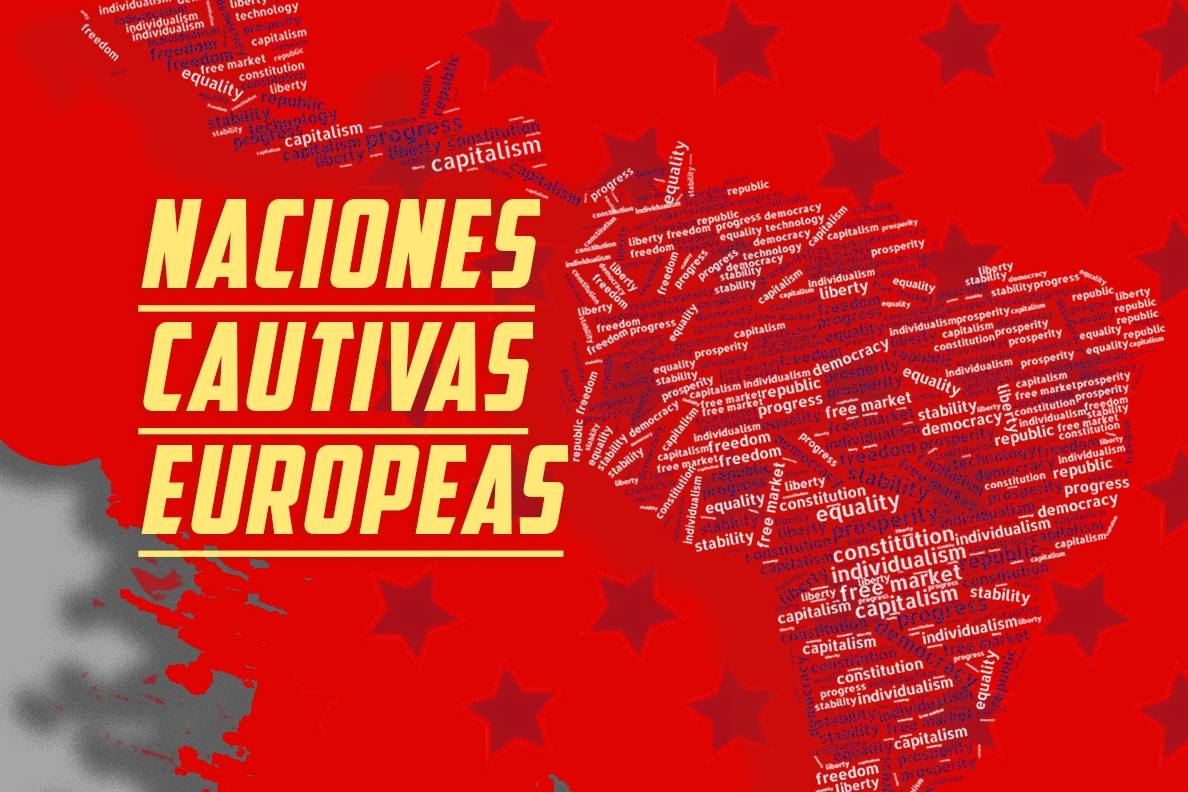
Year 2019/2020
February 20: Naciones Cautivas Europeas
February 10, 2020
The Free Europe Committee engaged in psychological and political warfare against Communism on both sides of the Iron Curtain. In her talk professor Anna Mazurkiewicz will explain what was really at stake for the exiles involved in US-sponsored programs in Latin America, assessing the gains and losses for the American propaganda built in cooperation with the exiles based on the “captive nations” concept.